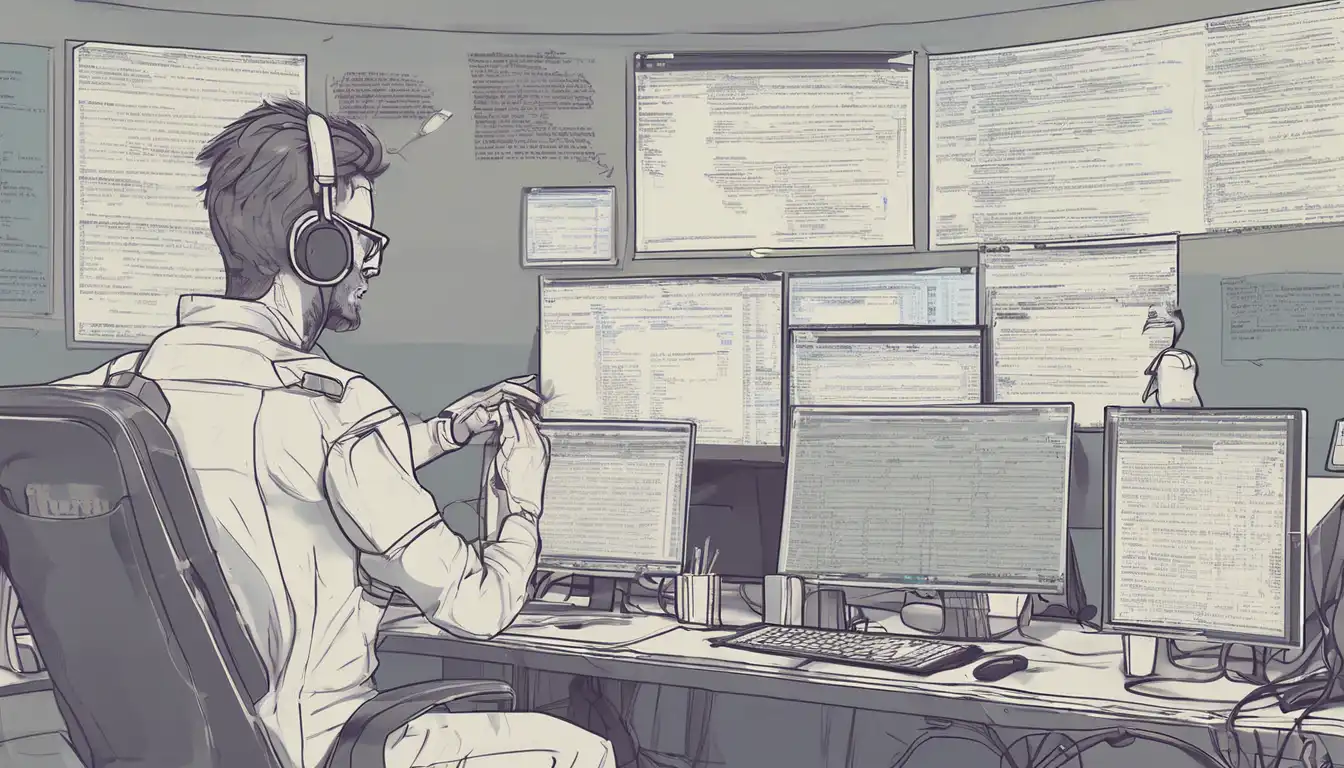Introduction to Professional Code Debugging
Debugging is an essential skill for any programmer, yet many struggle with it. This guide will walk you through the professional techniques to debug your code efficiently, saving you time and frustration.
Understanding the Debugging Process
Before diving into debugging, it's crucial to understand what it entails. Debugging is the process of identifying and removing errors from software or hardware. It involves a systematic approach to find the root cause of the problem and then fixing it.
Essential Debugging Tools
There are several tools available that can make debugging easier. Here are some of the most popular ones:
- Integrated Development Environments (IDEs) like Visual Studio Code and IntelliJ IDEA
- Debugging tools such as GDB for C/C++ and pdb for Python
- Logging frameworks to track down issues
Step-by-Step Debugging Techniques
Follow these steps to debug your code like a pro:
- Reproduce the Error: Before you can fix a bug, you need to be able to reproduce it consistently.
- Understand the Error Message: Error messages are clues. Learn to read them carefully to understand what went wrong.
- Isolate the Problem: Narrow down the code where the error occurs. This can be done by commenting out sections of code or using debugging tools.
- Fix the Error: Once you've identified the cause, modify the code to fix the error.
- Test Your Fix: After applying the fix, test the code to ensure the error is resolved and no new issues are introduced.
Advanced Debugging Strategies
For more complex issues, consider these advanced strategies:
- Binary Search: If you're unsure where the error is, divide your code into sections and test each one to isolate the problem.
- Rubber Duck Debugging: Explain your code line by line to an inanimate object (like a rubber duck). This can help you see the problem from a new perspective.
- Pair Programming: Sometimes, a fresh pair of eyes can spot the issue quickly.
Preventing Future Bugs
While debugging is important, preventing bugs is even better. Here are some tips to minimize bugs in your code:
- Write clean, readable code.
- Use version control systems like Git to track changes.
- Implement unit tests to catch errors early.
Conclusion
Debugging is a skill that improves with practice. By following the techniques outlined in this guide, you'll be able to debug your code more efficiently and effectively. Remember, the goal is not just to fix the current error but to become a better programmer overall.
For more tips on improving your coding skills, check out our programming tips section.
